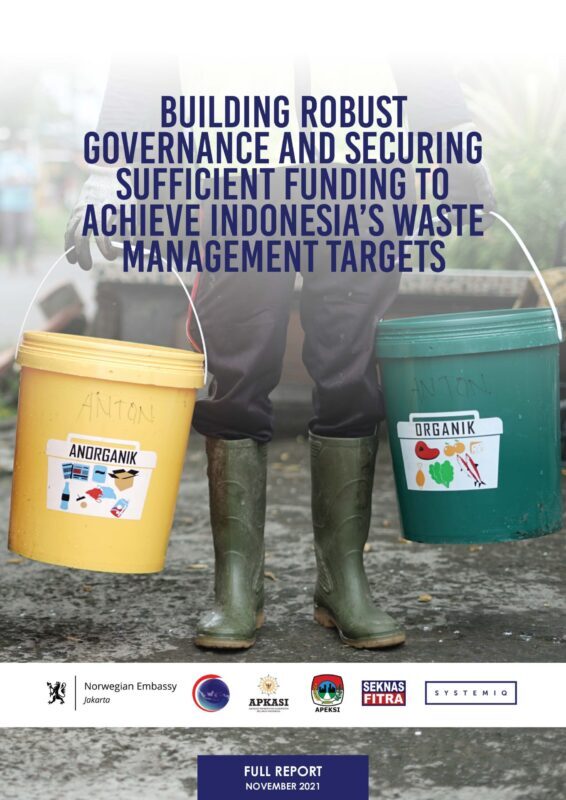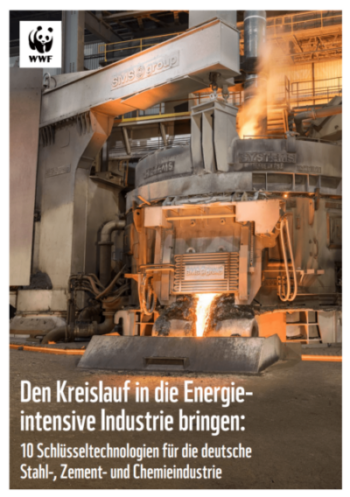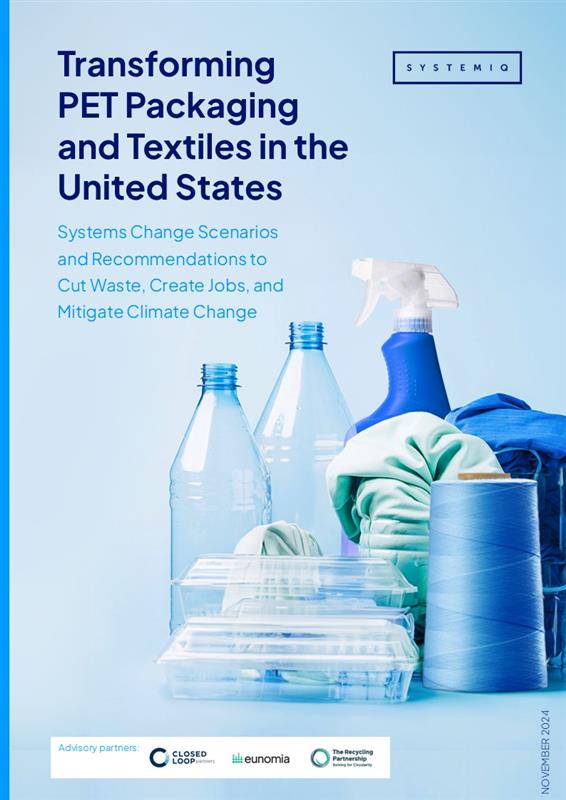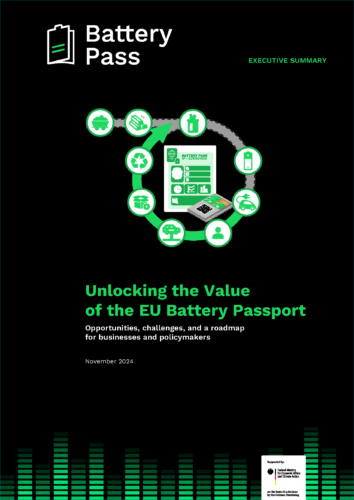This report identifies the root causes of Indonesian’s main waste system challenges – waste governance and funding – and determines the most important levers to address them. This work supports the Government of Indonesia in achieving its waste management targets, particularly 70% waste handling by 2025.
It analyses data from building waste systems in three regencies in Java and the first-hand challenges of setting up and operating waste systems. It reviews the regulations and policies relating to waste management, institutions and funding. It looks at waste management in 10 peer countries with similar economies to Indonesia, and draws on consultations and focus groups with several ministries, experts, practitioners, and academics.
The report was produced in partnership with the Coordinating Ministry of Maritime Affairs and Investment (CMMAI), the Association of Indonesian Regency Governments (APKASI), the Association of Indonesian City Governments (APEKSI), and supported by the Norwegian Ministry of Foreign Affairs.




